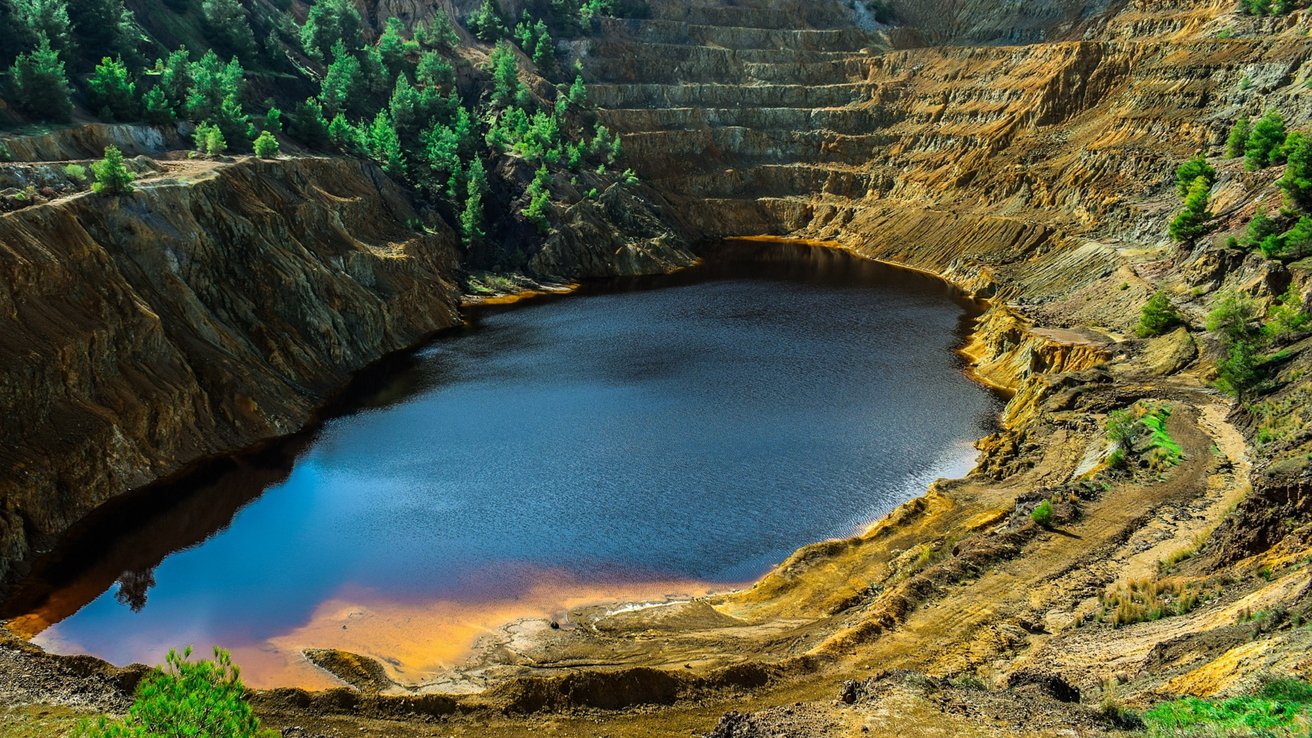The Democratic Republic of Congo (DRC) is considering legal action against tech companies such as Apple to reduce the amount of conflict minerals sourced from its eastern provinces.

Mine with acid lake | Credit: dimitrisvetsikas1969 on Pixabay
The Eastern Congo is the world's biggest supplier of tantalum, a conductive metal used in devices like the iPhone. Because of this, more than 100 militias have sought to control the tantalum trade.
In 2024, rebel group M23 took control of the largest tantalum mine, Rubaya. Congo, the US, and United Nations experts say Rwanda has sent thousands of troops to Congo to back the M23 -- though Rwanda denies the allegations.
Other regional minerals, such as tin, gold, and tungsten, are also considered conflict minerals.
Foreign Minister Therese Kayikwamba Wagner hasn't fully divulged the plan for halting the trade of conflict minerals but has said that "legal action has been explored." She says the government is still figuring out what that would mean for companies contributing to the region's destabilization.
As Bloomberg points out, a UN group of experts on Congo said minerals from Rubaya are "ineligible for trade" under its due diligence guidelines because of their link to violence.
This isn't the first time the DRC has told Apple that it believes the company's supply chain is using materials linked to militia groups, either. That warning came in April.
However, in May, lawyers for the Congo government alleged Apple ignored the DRC's requests for proof the iPhone maker wasn't using minerals mined from areas that profit militant groups.
As a major tech company, Apple goes through its list of suppliers to weed out those found guilty of trading conflict minerals.
In 2020, Apple cut ties with 18 suppliers found to be sourcing conflict minerals. Then, in 2022, it stopped working with another twelve.
In September, demonstrators in a dozen cities in the US and other countries took advantage of the publicity of the iPhone 16 launch to call for a boycott of Apple products. The demonstrators accused Apple of ignoring violence in both the DRC as well as the ongoing hostilities between Gaza and Israel.
